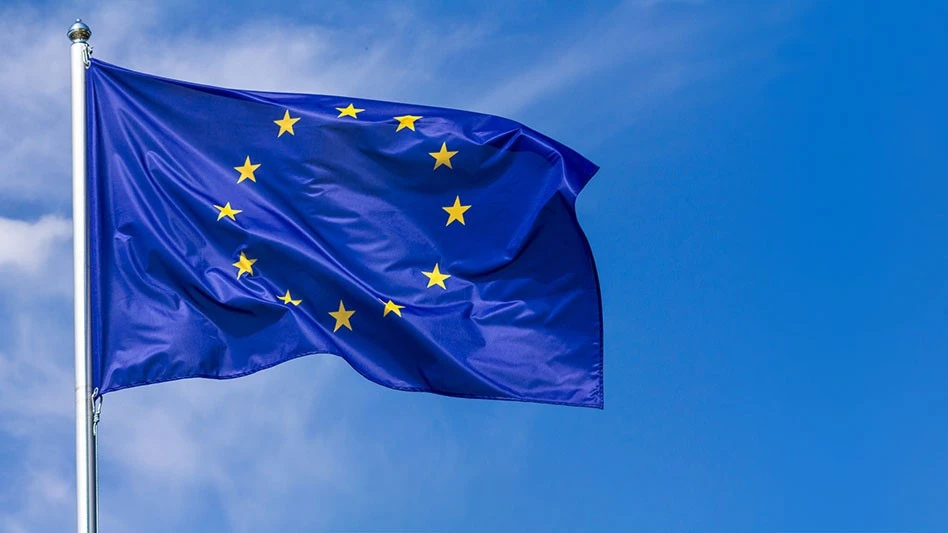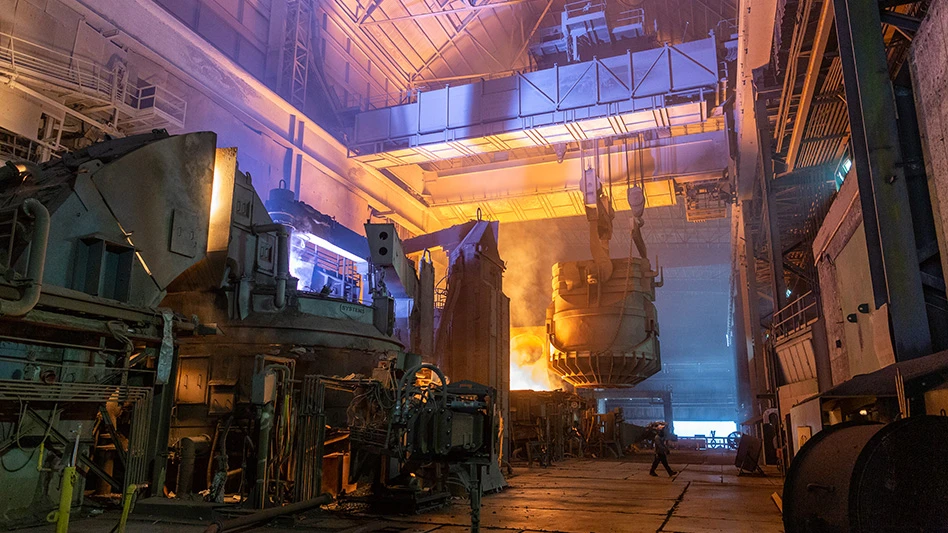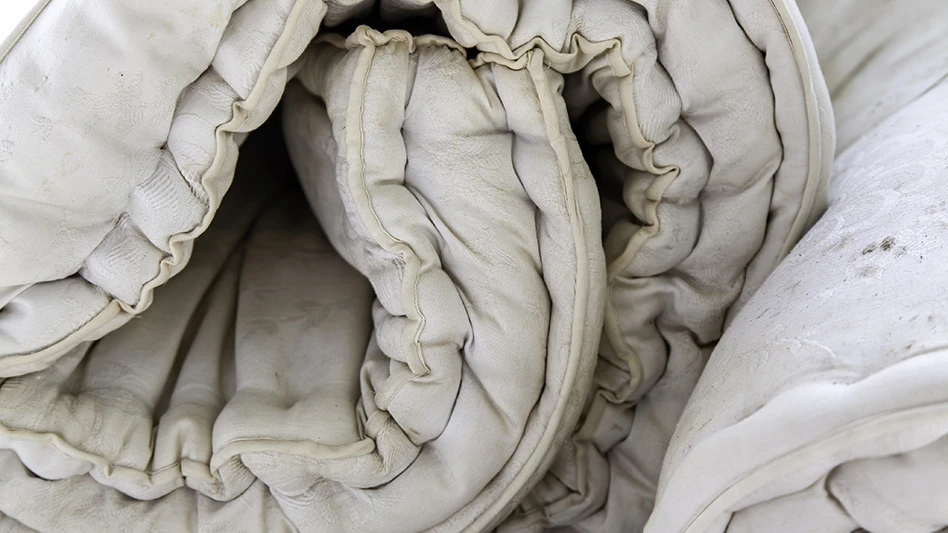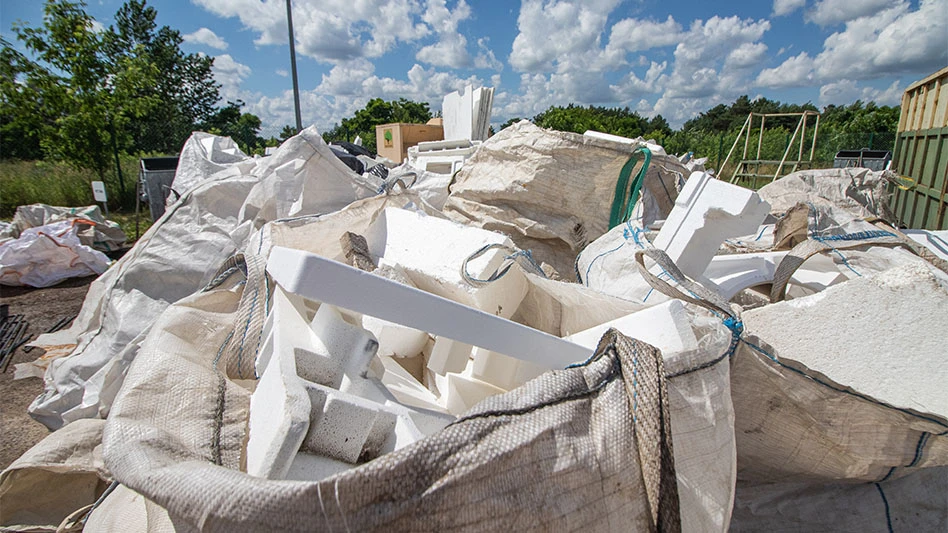
rustamank | stock.adobe.com
The European Recycling Industries’ Confederation (EuRIC) is issuing what it calls “a stark warning” to European policymakers regarding “waste” shipment proposals that EuRIC says “risk significant job losses and hampering investment in Europe’s pioneering circular economy sector.”
European recyclers contribute 95 billion euros ($94.2 billion) to Europe’s “already fragile” economy, says the organization. Yet up 80 percent of metal and paper recyclers anticipate a reduction in revenue under current waste shipment proposals that affect highly recyclable non-waste materials including metal, paper and board.
More than 300,000 EU green jobs are sustained by the recycling sector, says EuRIC, yet up to 50 percent of metal and paper recyclers warn job losses will be inevitable.
“Policymakers have a choice,” says Emmanuel Katrakis, secretary general of Brussels-based EuRIC. “Are they on the same side as a sector at the forefront of championing a European circular economy? Or do they want to encourage the extraction of raw materials over recycling? Waste shipment rules must change course to encourage free, fair and sustainable trade of recycled materials.”
EuRIC says the industry supports waste shipment restrictions that discourage exports of “problematic” materials outside the EU, citing mixed plastic, unprocessed tires, batteries and vehicles as in that category.
The organization says, however, it is concerned that current proposals incentivize extraction of raw materials, which is a significant source of pollution, over recycling. “Not only will this hinder Europe’s ability to achieve its recycling and net-zero emissions targets, but green job losses will also be unavoidable and investment in Europe’s circular economy will be significantly curtailed,” writes EuRIC.
Earlier this year at a Bureau of International Recycling (BIR) event, Antoine Stilo of EuRIC expressed concern at the lack of distinction made between green-listed (considered nonhazardous) and other materials. Stilo said this means non-OECD (Organization for Economic Cooperation and Development) countries wanting to receive the former would be saddled with “a very burdensome administrative procedure.”
At the same event, BIR Trade & Environment Director Ross Bartley said under the proposed policy, exporting companies would face an audit obligation regarding their receiving facilities in non-OECD countries. (The OECD consists of 38 nations considered meeting criteria to have developed economies and that have ratified the OECD convention document.)
Adding that scrap-importing non-OECD countries “need to know what their interests are in terms of material requirements”, Bartley expressed surprise at their limited input to the revision process. Even at this advanced stage, he said, it was important that interested parties became active in contacting politicians with specific requests.
Latest from Recycling Today
- Alpla calls 2024 year of recycling growth
- Altilium says agreement puts it on lithium recycling path
- NWRA, SWANA partner to address lithium-ion batteries
- Corinth, Texas, renews waste contract with CWD
- Fresh Perspective: Sarah Zwilsky
- Plastics Industry Association announces leadership changes
- QCC celebrates 50th anniversary
- Venture Metals acquires 2 nonferrous processors





